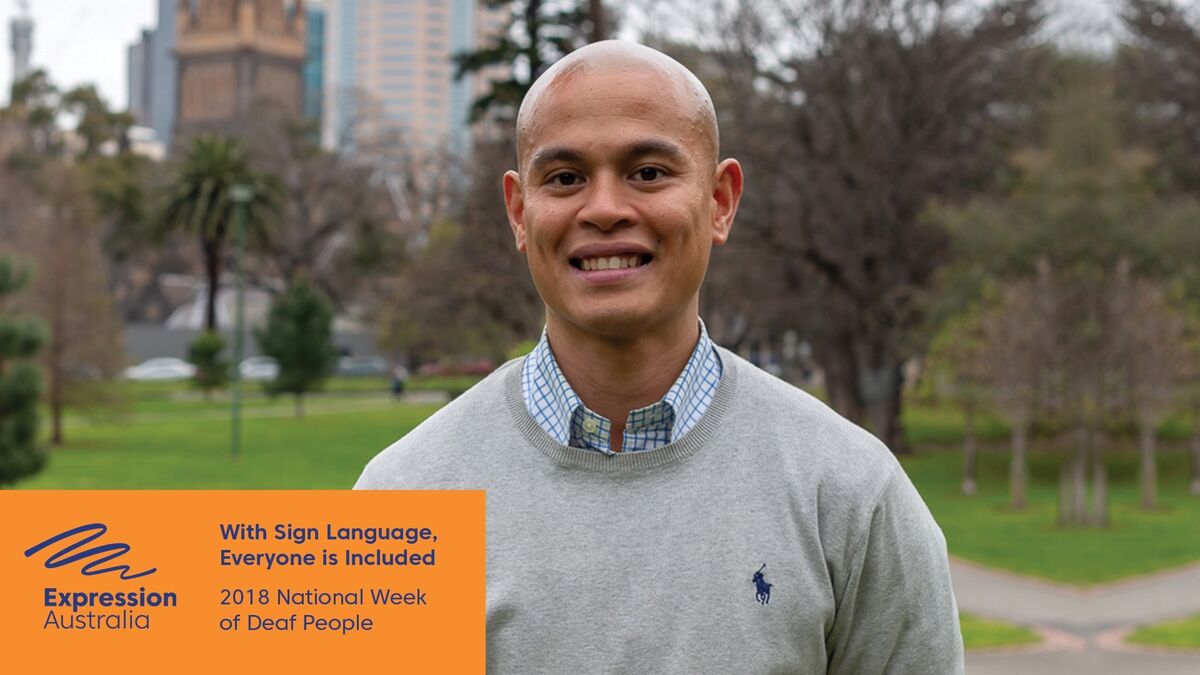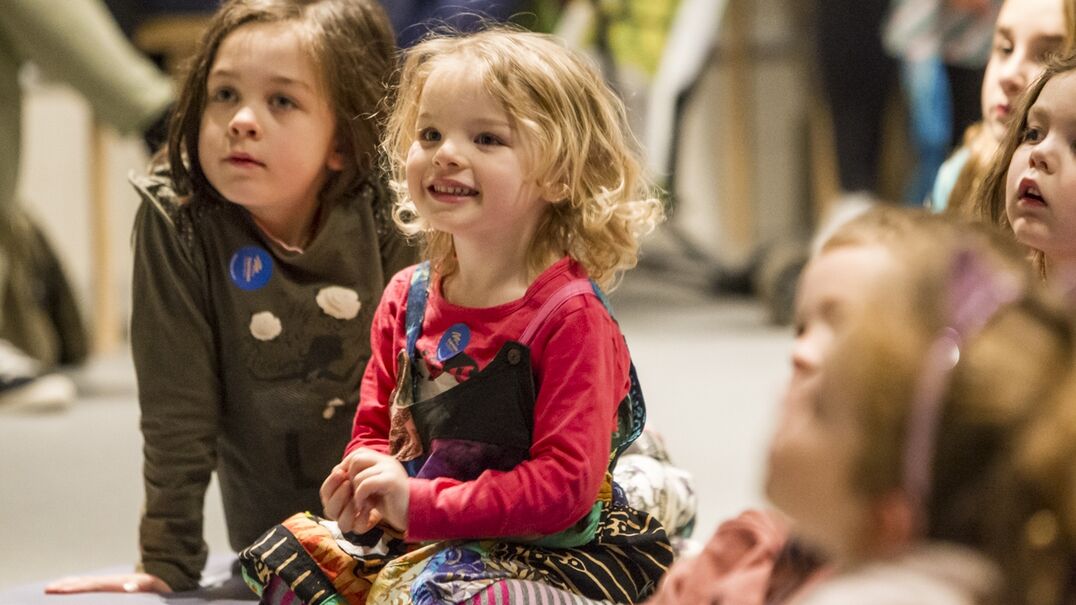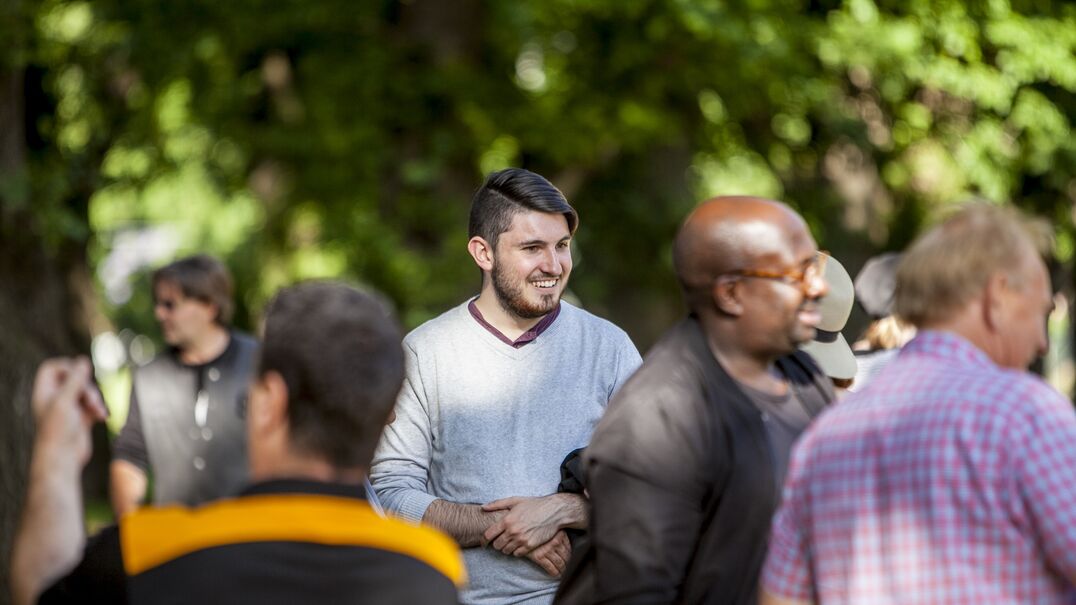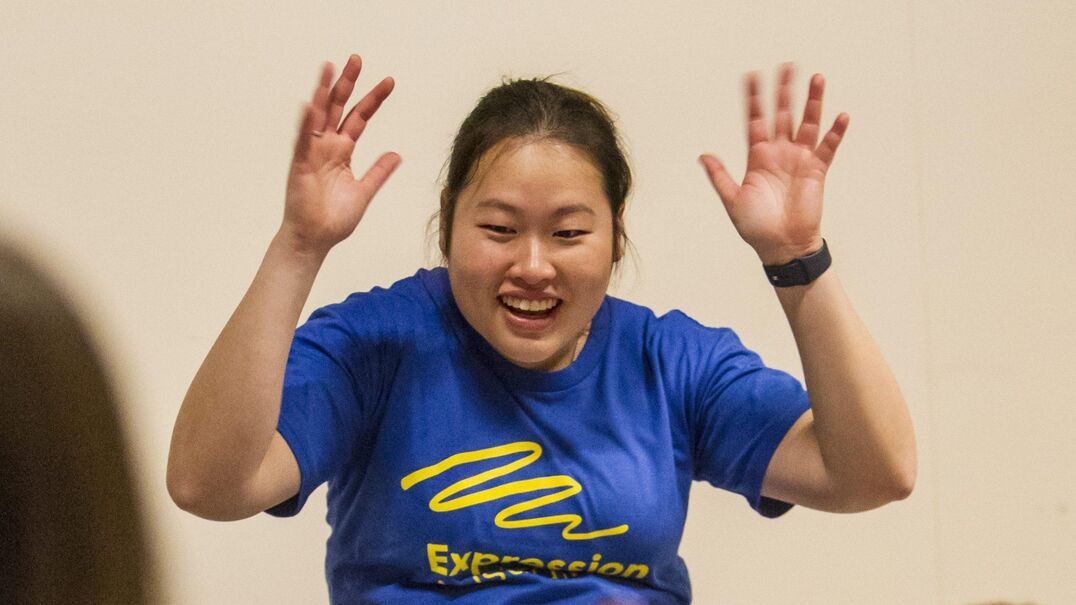There are many supports to help you communicate with people who are deaf and hard-of-hearing.
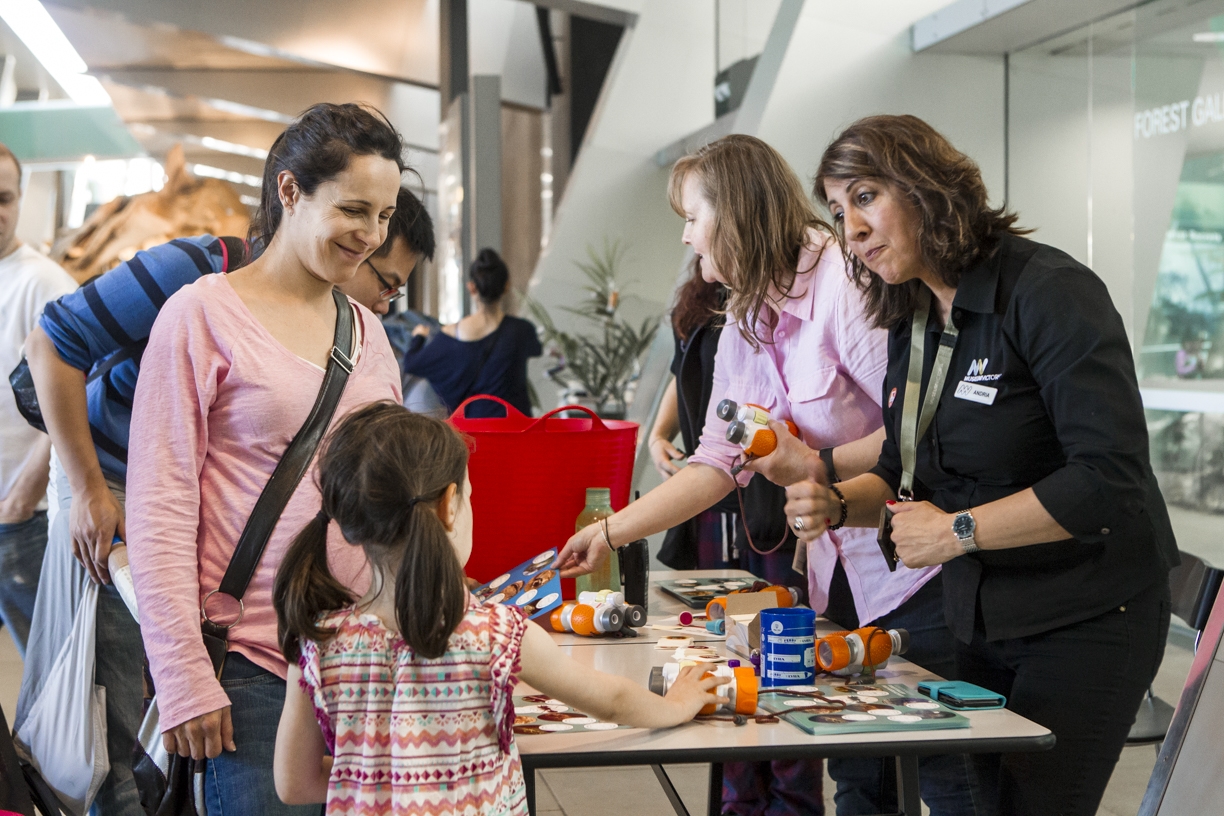
Such supports include interpreters or the National Relay Service (NRS) or other communication strategies specific to that person.
People who are deaf or hard-of-hearing communicate in different ways depending on several factors.
- The age at which deafness or hearing loss began
- The type of deafness or hearing loss
- Amount of residual hearing
- English language skills / primary language skills
- Lipreading skills
- Speech abilities
- Family and social environment
- Educational background and
- Multiple disabilities
Some people who are deaf and hard-of-hearing use speech or sign language only. Some use a combination of techniques.




